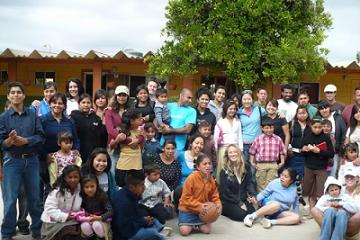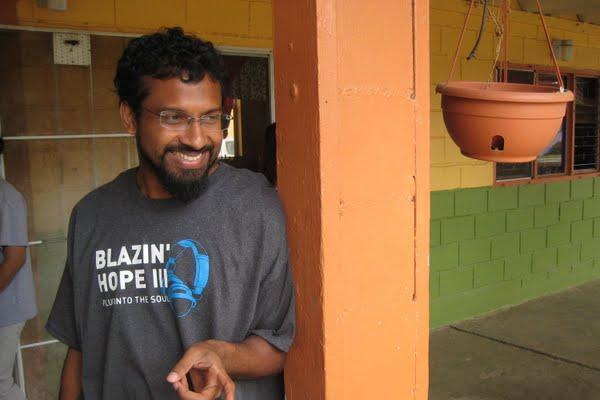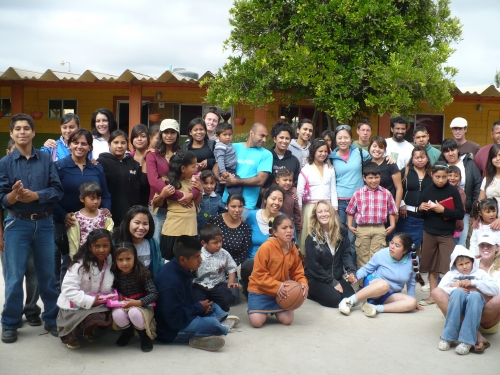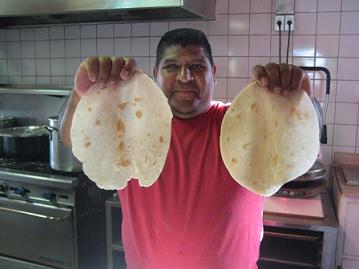Photos courtesy of author
We were a Be the Cause volunteer group visiting Casa de Paz, an orphanage just outside of Ensenada, Mexico. During the impromptu welcome tour, the director, Jonatán Lopez Sánchez, had quietly noticed young Jesus drinking from a plastic soda bottle. Later, he let us in on the significance of the moment:



